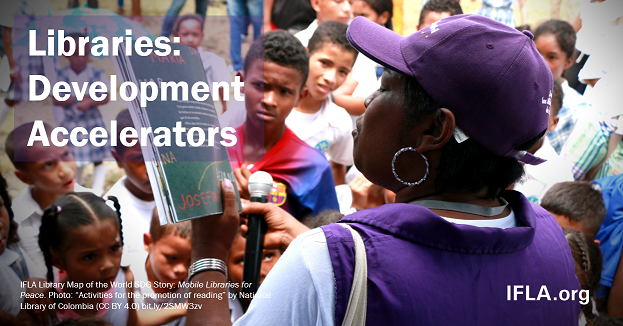
The objectives set out by the United Nations’ 2030 Agenda are as ambitious as they are necessary in order to ensure the sustainability of our economies and societies.
A clear implication is that business as usual is not a possibility. Instead, there need to be both new resources and new policy approaches in order to accelerate progress and bridge divides. This in turn requires reflection on how best to invest time, effort and money for results.
The Role of Accelerators
This is what lies behind the concept of Development Accelerators, as promoted by the United Nations Development Programme (UNDP), as part of the Mainstreaming, Acceleration and Policy Support (MAPS) initiative. This was conceived as a means of planning the work of United Nations country teams, as well as supporting national and local action.
Within this framework, development accelerators ‘encompass key interventions, provisions, services, or programmatic areas (such as social protection or tobacco control) that simultaneously make positive impact across multiple SDGs (Sustainable Development Goals) or targets in a given context’.
Accelerators respond to ‘bottlenecks’ – situations or factors which slow down progress across a number of fronts.
The above quote comes from a study published recently in The Lancet, looking at examples of development accelerators in South Africa, with a specific focus on young people suffering from HIV.
The study highlights the contribution of policies such as promoting safety at school and direct cash transfers, which appear to lead not only to better mental health and freedom from abuse, staying in school, and sticking to treatment routines.
Access to Information as an Accelerator
The concept of development accelerators appears to describe well the contribution of access to information and libraries to social, economic and cultural progress.
Access is key to enabling better decision making – about education, employment, agriculture – at the level of individuals. It is also essential for the effectiveness of government initiatives targeted at the public – without it, programmes are unlikely to reach those who need them most.
Access at the governmental level enables better policy-making through the possibility to use evidence, and of course supports transparency and accountability to parliaments and people.
It also allows for the sort of international research collaboration that is needed to understand and respond to climate change.
It follows that a lack of access creates a bottleneck, with individuals unable to fulfil their potential and seize opportunities, governments taking poor decisions, and researchers producing incomplete or duplicative work.
Unblocking the Bottleneck: Libraries
Libraries a key means of delivering this accelerator, as places where everyone is welcome to come, read and learn.
One building, with the right resources and staff, can help one user find health information, another a job opportunity, and another fill in forms to access eGovernment services.
Others may come to read to their children, to improve their literacy skills, others may come simply to enjoy the company of other people, strengthening the inclusiveness of the community.
All of these outcomes correspond to SDG targets, underlining this potential.
Clearly strong libraries deliver even more in conjunction with other policies such as those in support of good internet infrastructure, equitable and effective education, equal societies and protection for fundamental freedoms. Indeed, together, these policies can reinforce the effectiveness of each other.
The second Development and Access to Information Report, due out in just over two weeks, will provide further examples of what access – and libraries – can do to contribute to success across the board.
We encourage UNDP and all others engaged in sustainable development policy planning to work with libraries to deliver the access that can help accelerate progress.